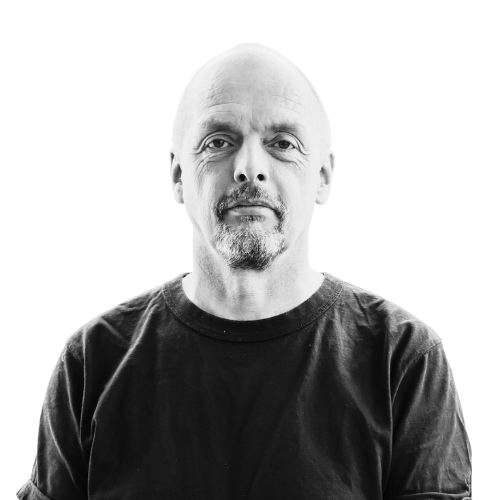Artificial Intelligence
Cyber
Future Telecoms
Materials
Quantum
Wise words and waggishness… February 2026
Reading time: 2 mins
We need to work together and adhere to common practices to ensure a strong and viable quantum supply chain, says National Physical Laboratory’s John Devaney.
Mention standards and some entrepreneurs might think of governmental bodies debating the minutiae of a new technology while standing in the way of progress.
But the opposite is true. Standards are essential to creating a fair marketplace where businesses know what they are offering and customers know exactly what they are receiving. Standards do not stand in the way of progress; when formulated fairly and correctly, they create the path to progress. For the quantum industry, developing a correct set of standards is essential.
Quantum technology is still relatively new and growing fast. It’s perhaps the most complex technology in history, which prompts debate on a range of issues relating to it. For example, there are currently discussions on how to properly measure the performance of a quantum computer and how to ensure an algorithm can withstand probing by a quantum-enabled hacker.
Quantum technology raises significant concerns related to national defence and global security, including the development of hack-proof communication networks and innovative forms of satellite-free navigation.
The important next step is how to measure quantum technologies in a way that is consistent and credible. Without agreed standards in all of the domains developing in the quantum industry, creating markets will be challenging, if not impossible.
At its simplest, the purpose of a set of standards is for a seller to convince a buyer that they are getting what they expect, and for the buyer to have confidence in what they have bought. Scientists and policymakers are currently working on developing confidence by defining standards across the range of quantum applications, including:
From a global perspective, the standardisation process is beneficial in promoting the creation of a global quantum supply chain that maximises the contribution of every nation involved.
Standardisation is sometimes criticised as a form of protectionism, but when all interested countries have strong voices to represent their unique talents and skills at the level of global negotiation, and the standards development process is well managed, all interests can be accommodated. In turn, the standards developed support a cohesive network of quantum technology suppliers and customers.
‘Without agreed standards in all of the domains developing in the quantum industry, creating markets will be challenging, if not impossible.’
Having a strong voice in those talks, particularly with regard to the complex ecosystem of quantum technology, is essential. Although not protectionist, each country has to ensure its interests are represented.
Let’s say a country is invested in a particular qubit technology or set of laser wavelengths, but those options are not advocated for in standards development, and so their omission becomes a barrier to market acceptance. The result might mean that not only would that nation’s quantum sector suffer, but ultimately, without fair representation, the global quantum ecosystem could become less competitive. Omissions can be addressed but the process takes time, which is why it pays to be involved from the very beginning.
For the quantum industry to properly develop and grow, the standards process must lead the way by anticipating new advances and obstacles, and also achieving new breakthroughs for those following to build on.
The key to ensuring national quantum ecosystems have a role in the creation of the international quantum industry is advocacy. A large proportion of the quantum industry is made up of small start-ups with limited time and resources. The technologists at these start-ups might not have the bandwidth to take part in the discussions and R&D to devise the agreed shared standards that will provide the framework for the quantum industry to follow.
‘Standards are essential to creating a fair marketplace where businesses know what they are offering and customers know exactly what they are receiving.’
In these circumstances, government-backed national scientific institutions can act on start-ups’ behalf and represent their interests. These institutions have the experience and in-depth understanding – and the physical laboratory facilities – to carry out their own research on everything from quantum communication to quantum sensors and the building blocks of quantum computers.
Importantly, these institutions can take on the vital role of joining national and international quantum working groups that together identify and examine not only new challenges but also new applications and usage models.
Far from stifling innovation, the standards process and those involved in it are responsible for opening up opportunities and also defining and driving the future direction for the wider quantum industry to follow and grow into.

John Devaney is co-ordinating the UK contribution to, and leadership in, quantum technology standards at the UK’s National Physical Laboratory (NPL).
Quantum
Reading time: 10 mins
Quantum
Reading time: 10 mins
Future Telecoms
Reading time: 2 mins
Quantum
Reading time: 11 mins
Quantum
Reading time: 5 mins